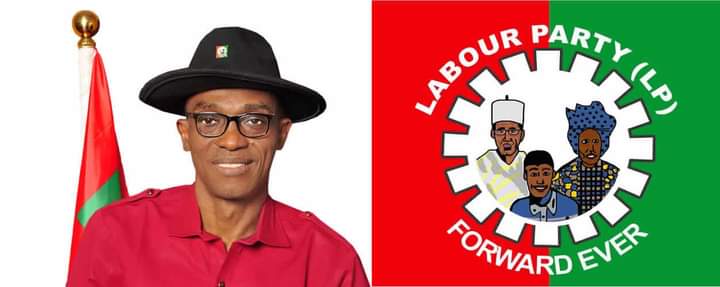Why The Labour Party’s Leadership Crisis Must Be Resolved Amicably
By- Charles Chinekezi
The Labour Party (LP) of Nigeria, a political entity once seen as a beacon of hope for millions, now faces a critical juncture due to its internal leadership crisis. At the center of this turmoil is the ongoing dispute between Julius Abure, who was recently reinstated as the National Chairman by the Federal High Court. As such, the imperative for an amicable resolution has never been more urgent.
The Labour Party’s appeal lies in its commitment to social justice, equality, and the welfare of the working class. In the 2023 general elections, the party captured the aspirations of many Nigerians, with Peter Obi’s presidential candidacy galvanizing widespread support. The LP’s role in the political landscape is crucial, as it represents an alternative to the major parties, promising to tackle issues like corruption, poverty, and unemployment. However, the internal discord has diverted focus away from these goals and towards factional power struggles.
When political parties lose sight of their foundational mission due to infighting, they risk alienating their supporters. The longer this crisis persists, the more likely it is that the Labour Party will fail to deliver on the promises that won it support in the first place. An amicable resolution, therefore, is essential to realign the party with its values and restore its credibility among the electorate. If the party fails to resolve its differences, it could face a prolonged period of instability that weakens its operational capacity. Prolonged factionalism could lead to defections, as members may seek more stable platforms to pursue their political ambitions. Worse still, it could make the Labour Party appear untrustworthy to voters, further diminishing its chances in future elections.
Achieving an amicable solution requires both sides to prioritize the party’s collective interest over individual ambitions using positions hamornization, ground-shiftings and horse-trading to achieve peace. A commitment to following the party’s constitution is essential for resolving disputes transparently and fairly. Both factions should agree to respect party rules and processes, ensuring that decisions are made democratically and in accordance with the law. An inclusive approach that involves all stakeholders will ensure that every voice is heard and that the party remains united. Bringing representatives from various factions together to engage in open dialogue can help foster a shared sense of purpose. It is vital for all parties involved to remember their shared objectives. By reaffirming their commitment to addressing the pressing issues facing Nigeria, both factions can move beyond individual disagreements and focus on advancing the party’s broader mission.
An amicable resolution to the Labour Party’s leadership crisis is not only possible but necessary. The future of the party—and, by extension, the prospects of the many Nigerians who believe in its cause—depends on its ability to overcome this challenge. By prioritizing dialogue, constitutional adherence, and a shared vision, the Labour Party can emerge stronger, more united, and better equipped to fulfill its promises to the Nigerian people. The stakes are high, and the time for action is now. If the party’s leaders can put aside their differences for the greater good, they will not only save the party but also inspire renewed hope in the possibility of a more just and prosperous Nigeria.

